🧵Why the Epstein story matters so deeply to the political right—and why sweeping it under the rug is not just offensive, but a civilizational betrayal: 
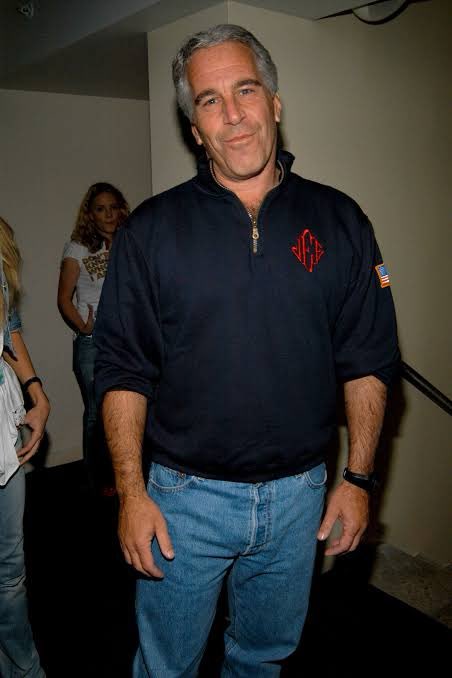
This isn’t just about Epstein. It’s about what his case reveals: a nexus of unaccountable power, intelligence cover, institutional rot, and elite impunity. The story touches every nerve the American right has been warning about for a century. 
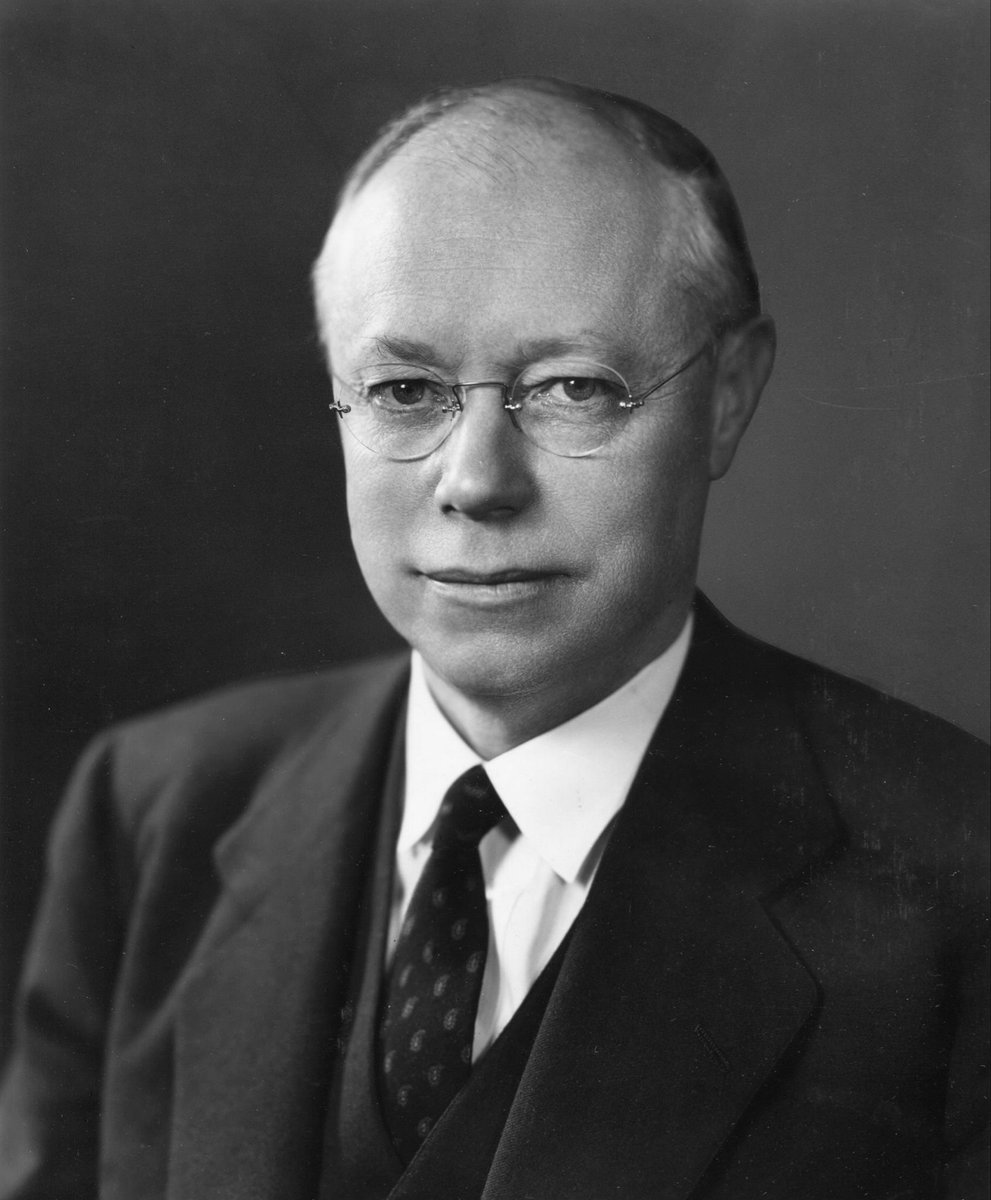
Since FDR, the right has feared the unchecked expansion of the administrative state. But the real danger wasn’t just bureaucracy—it was the fusion of that bureaucracy with the intelligence community, financial elites, and transnational interests. 
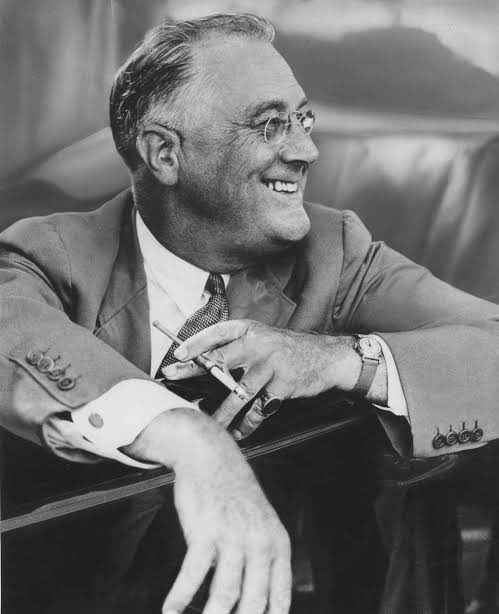
Epstein is the singular window into this world. A man with no clear source of wealth, deep ties to U.S. and foreign intelligence, and access to the most powerful people in the world—running a blackmail operation under institutional protection.
The CIA won’t talk. The FBI walked away. The media refused to dig. And Israel—whose alleged involvement through cutouts like Wexner is whispered about but never investigated—remains off limits. That silence says more than any report ever could. 
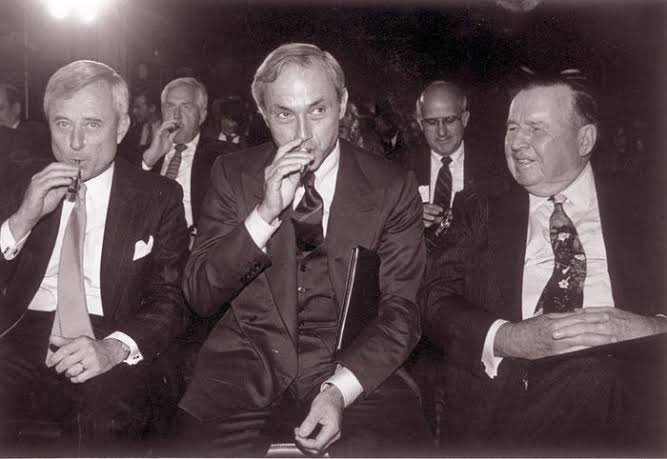
For decades, the right has asked: Who really governs? Who watches the watchers? Epstein gave us a glimpse. And what we saw was not a “conspiracy theory”—it was conspiratorial governance: intelligence services operating with total impunity. 

This isn’t just about criminal sexual behavior—though the abuse of underage girls is itself an unspeakable crime, and one that demands real justice. But the fact that such crimes were instrumentalized for power is what makes this even more sinister. 

The use of sexual blackmail to compromise institutions and shield a network of elites is not a subplot—it’s the playbook. This was kompromat as statecraft, and it operated in the open, protected by the very agencies tasked with protecting us.
The reason the Epstein story haunts the right is that it confirms our deepest suspicions:
—Our intelligence agencies are political actors.
—Our elites are compromised.
—Our allies are unaccountable.
—And our institutions lie to preserve their power.
—Our intelligence agencies are political actors.
—Our elites are compromised.
—Our allies are unaccountable.
—And our institutions lie to preserve their power.
Worse still: every time the Epstein story is buried, the very institutions doing the burying destroy their own legitimacy. The cover-up corrodes the foundation they claim to defend—rule of law, transparency, democratic accountability.
This is what Eisenhower warned of—not just a “military-industrial complex,” but the seamless merger of state power, private capital, and foreign intelligence. Epstein is a grotesque fruit of that fusion. Ignoring it won’t make it go away. 
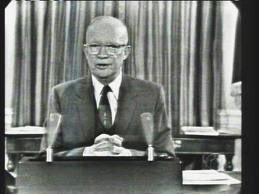
The right sees Epstein not as an aberration, but a revelation. A moment when the mask slipped. When the postwar liberal order—underwritten by secrecy, mutual blackmail, and “strategic alliances”—showed its true face. 

So no—we won’t move on. Not because we’re obsessed with scandal, but because the Epstein case is the Rosetta Stone for understanding the modern American regime. And the regime knows it. 
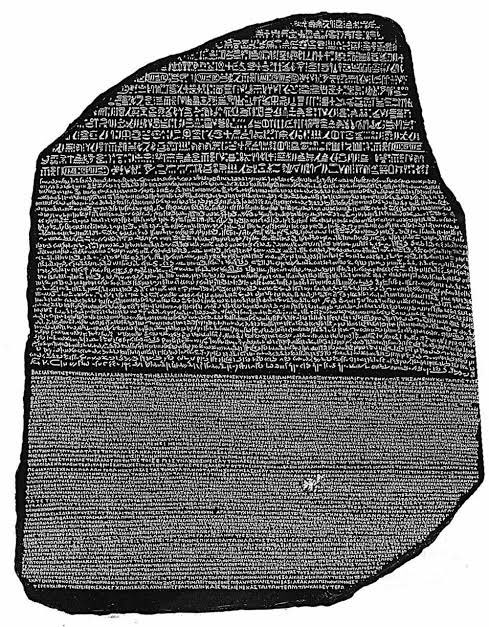
That’s why it must be buried.
That’s why we must never let it be.
That’s why we must never let it be.
• • •
Missing some Tweet in this thread? You can try to
force a refresh






